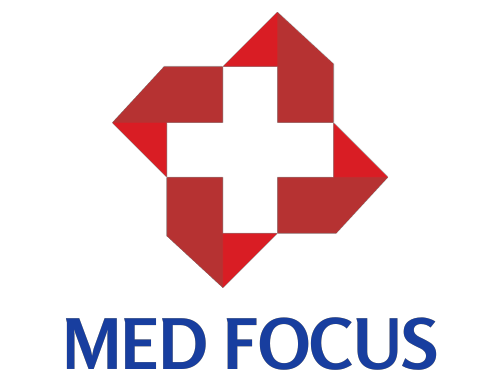Medical school is an exciting and challenging journey, but it requires effective study techniques to succeed. Aspiring doctors must master vast amounts of information, and the key to thriving academically lies in how you study. In this blog post, we'll explore some proven strategies and techniques to help medical students optimize their study habits and achieve their academic goals.

Active Learning
Passive reading won't cut it in medical school. Engage in active learning by taking notes, asking questions, and discussing topics with peers. Actively participating in your studies enhances your understanding and retention of complex medical concepts.
Effective Time Management
Medical school demands rigorous time management. Create a study schedule that allocates time for each subject and balances your academic commitments with personal life. Prioritize tasks and establish a routine to stay organized and productive.

Use of Visual Aids
Utilize visual aids such as diagrams, flowcharts, and flashcards. Visual representation can simplify complex medical concepts, making it easier to grasp and remember intricate details. These aids are particularly valuable for subjects like anatomy and pharmacology.
Active Recall and Spaced Repetition
Engage in active recall by regularly testing yourself on the material you've learned. Spaced repetition involves revisiting and reviewing information at increasing intervals. These techniques are scientifically proven to enhance memory retention.
Practice Problems and Case Studies
Medical studies often involve problem-solving and critical thinking. Practice problems, clinical cases, and medical scenarios to apply your knowledge. This approach not only reinforces your understanding but also prepares you for real-world problem-solving.

Collaborative Learning
Study groups can be highly effective for medical students. Collaborative learning allows you to explain concepts to others, gain different perspectives, and fill gaps in your understanding. It's an opportunity to teach and learn simultaneously.
Self-Care and Breaks
Don't neglect your physical and mental well-being. Taking regular breaks and engaging in self-care activities such as exercise, relaxation, and adequate sleep are crucial. A rested and healthy mind is better equipped for learning and retaining information.
Conclusion
Studying in medical school doesn't have to be an overwhelming endeavor. By incorporating active learning, effective time management, visual aids, active recall, and spaced repetition into your study routine, you can improve your comprehension and retention of medical content. Additionally, practicing problem-solving, collaborating with peers, and prioritizing self-care will contribute to your overall success in medical school. Ultimately, the journey to becoming a doctor is challenging, but mastering effective study techniques will help you rise to the occasion.

Kindly visit themedfocus.com for additional advice and recommendations about attending medical school. If you're seeking a trustworthy internet source, please check out the whole medical school package at the URL below.
https://themedfocus.com/products/the-complete-med-school-bundle
